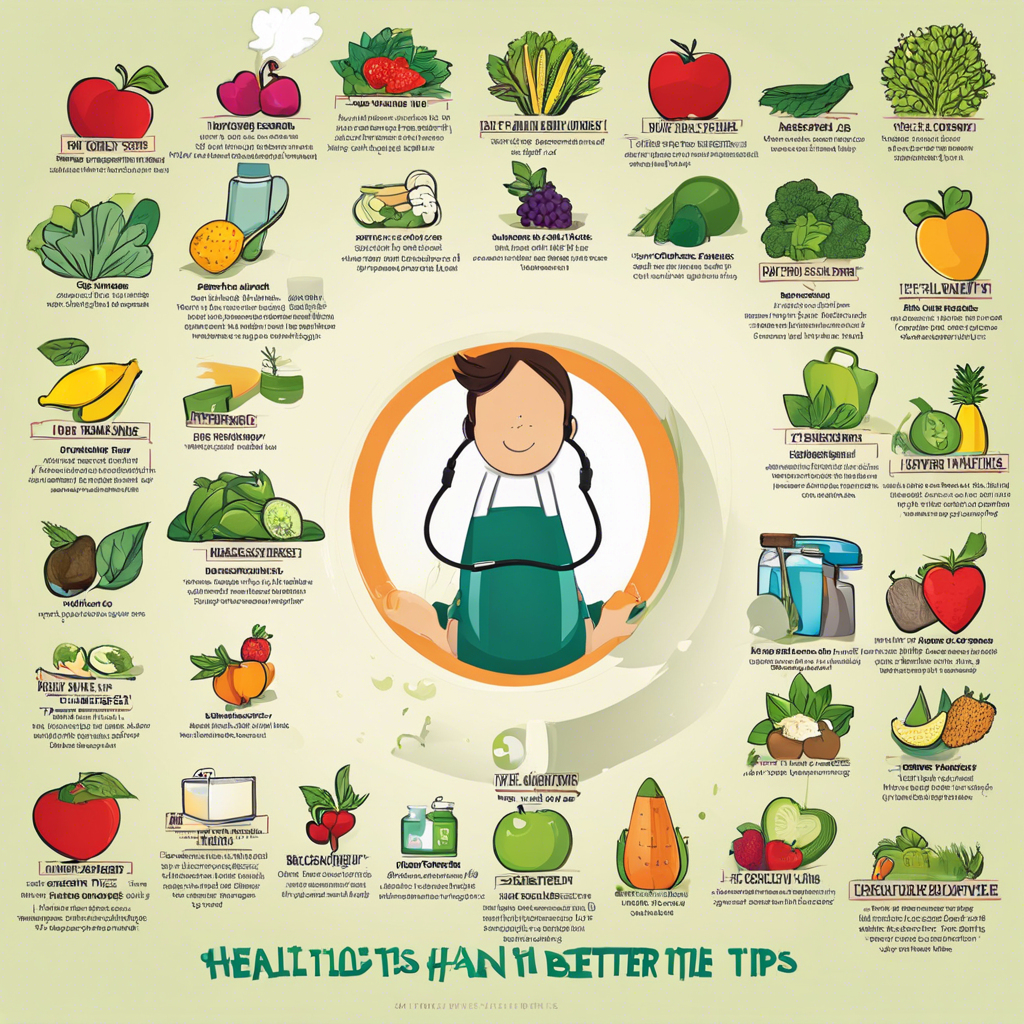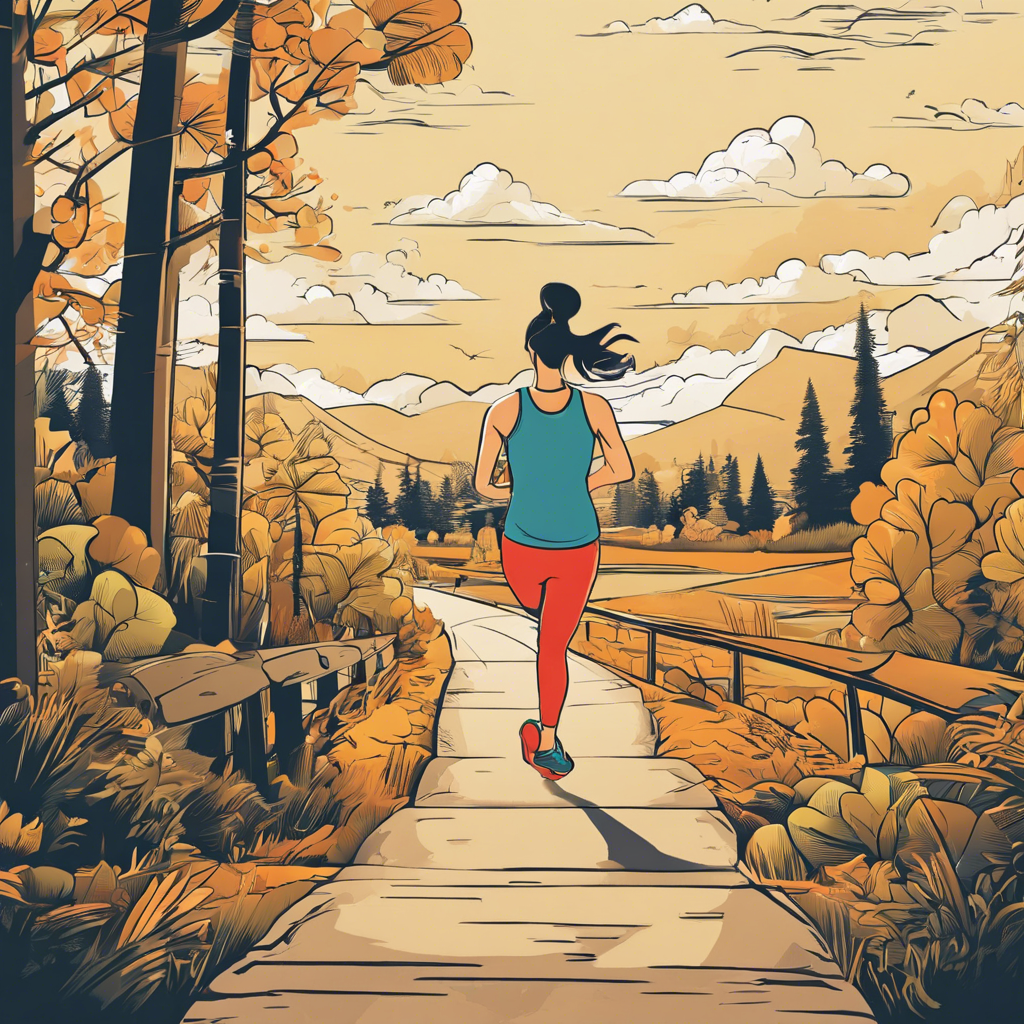Getting a good night’s sleep is essential for our health and well-being, but for many of us, achieving those recommended eight hours of restorative slumber feels like a distant dream. The good news is that there are natural ways to improve your sleep without resorting to medications. Here are some tips to help you drift off and wake up feeling refreshed.
Firstly, establish a sleep schedule and stick to it. Our bodies thrive on routine, so going to bed and waking up at the same time each day sets a natural rhythm. This regulates our body’s sleep-wake cycle, or what scientists call our circadian rhythm. By keeping to a consistent sleep schedule, we can train our bodies to be alert during the day and naturally tired at night. This simple step is often overlooked, yet it is the foundation for improving sleep quality.
Another crucial aspect is creating a sleep-friendly environment. The bedroom should be a tranquil oasis, with a cool, comfortable temperature, minimal noise, and optimal darkness. Consider investing in blackout curtains, earplugs, and a comfortable mattress and pillows. Also, pay attention to lighting. The light from electronic devices can disrupt your sleep, so turn them off an hour before bed. Instead, opt for soft, warm lighting to signal to your body that it’s time to wind down.
Exercise is a natural sleep aid. Incorporating a workout routine into your day can work wonders for your sleep. Strive for at least 150 minutes of moderate exercise weekly, but avoid vigorous workouts close to bedtime, as this may make it harder to fall asleep. Morning or afternoon workouts are ideal, as they help to reset your body clock and boost your mood and energy levels throughout the day, naturally promoting better sleep at night.
Additionally, evaluate your diet. What you eat and drink throughout the day impacts your sleep. Caffeine and nicotine are known stimulants that can disrupt sleep, so limit your intake and avoid them late in the day. Similarly, while a nightcap may help you fall asleep initially, alcohol disrupts REM sleep, leaving you feeling tired the next day. Instead, opt for sleep-promoting foods like cherries, bananas, or yogurt, which are rich in melatonin and magnesium.
A relaxing bedtime routine is also key. Wind down with a warm bath, light some soothing scented candles, or listen to calming music. Meditation and deep breathing exercises are also effective ways to calm a busy mind and prepare your body for sleep. These techniques signal to your body that it’s time to relax and let go of the day’s stresses, making it easier to drift off into a peaceful slumber.
While it may be tempting to take a nap when you’ve had a poor night’s sleep, try to avoid napping during the day. Napping can disrupt your sleep drive, making it harder to fall asleep at night. If you must nap, limit it to 20–30 minutes in the early afternoon. This helps you recharge without disrupting your nighttime sleep. Staying awake during the day is important for regulating your body’s sleep-wake cycle and promoting a good night’s rest.
Finally, keep a sleep diary. This can help you identify any underlying issues or patterns affecting your sleep. Note down your bedtime, wake-up time, any disturbances during the night, and how you feel in the morning. Over time, you’ll gain valuable insights, which can help you make informed adjustments to your sleep routine and environment, ultimately leading to a better night’s rest.



